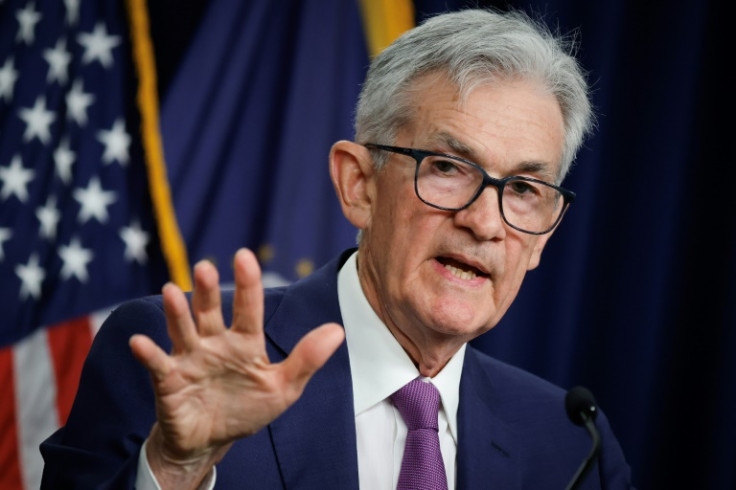
President Donald Trump lashed out at Federal Reserve Chair Jerome Powell for warning that the president's aggressive tariff policy could drive up inflation, accusing Powell of being "too late and wrong" and demanding his removal.
On Wednesday, Powell stated that Trump's tariff policy would "likely" cause inflation to rise, with potential long-term economic effects such as slower growth.
"The level of tariff increases announced so far is significantly larger than anticipated, and the same is likely to be true of the economic effects which will include higher inflation and slower growth," Powell said.
Powell: The level of tariff increases announced so far is significantly larger than anticipated, and the same is likely to be true of the economic effects which will include higher inflation and slower growth. pic.twitter.com/YQErrVQGni
— Acyn (@Acyn) April 16, 2025
Experts, including Powell, have raised alarms about inflation and economic slowdowns. Powell—first nominated by Trump in 2017 and reappointed by former President Joe Biden in 2022—has held interest rates steady between 4.25% and 4.5% throughout 2025 due to ongoing policy uncertainty, according to the Guardian.
In response, Trump erupted online early Thursday, calling Powell's inflation warning a "complete mess" and sarcastically dubbing him "Too Late Jerome."
"The ECB is expected to cut interest rates for the 7th time, and yet, 'Too Late' Jerome Powell of the Fed, who is always TOO LATE AND WRONG, yesterday issued a report which was another, and typical, complete 'mess!'" Trump said.
Trump contrasted Powell's inaction with the European Central Bank, which cut interest rates for the seventh time this year. He insisted that prices in the U.S. were falling and that tariffs were enriching the country, ignoring broader economic concerns.
Despite Trump's demands, the Federal Reserve remains an independent institution, and legal precedent—including the 1935 Supreme Court ruling Humphrey's Executor v. United States—protects its leadership from presidential firing.
Powell has publicly affirmed he will not resign, even if requested by Trump. Meanwhile, the Supreme Court is expected to hear a pivotal case that could challenge such protections, which has economists and investors closely watching for signs of potential political interference with monetary policy.
Originally published on Latin Times







